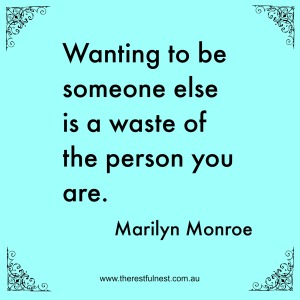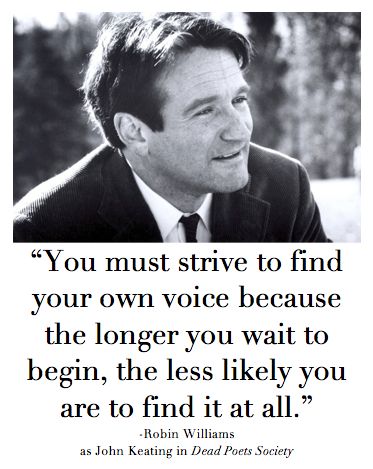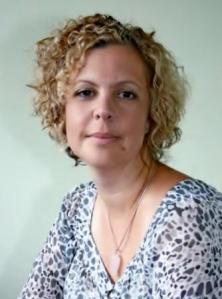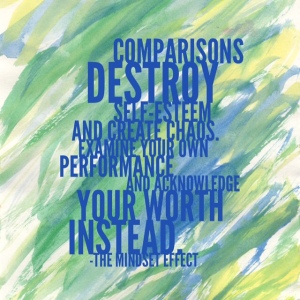Heal a fragile self-esteem through Spirit
Our next post in our focus month on Self-esteem is from Sal Jade, a clairvoyant and spiritual healer who teaches clients to develop their psychic ability. She works with her spirit guides to support clients and today she shares her wisdom on how you can work with your guides to enhance your self-esteem. It takes a little practice to hear and interpret the directions they impart, but if you quiet your mind and listen, you’ll be sure to hear the answers to your questions. Check out Sal’s post below. Have you had any empowering experiences with your guides? We’d love to hear about them in the comments below!
————————————————————————-
When I was 19, I went to a psychic who told me I needed to learn to love myself.
Over the past 20 years the journey to self- love has been fraught with difficulty.
Sometimes I ignore it, and focus on material goals and relationship problems.
But, when I can give some love to myself- all of those goals and problems fade into manageable chunks that I can navigate.
When I tune into the energy of most of my clients, I clairvoyantly see splinters and sometimes even ice over their hearts because they are protecting themselves from painful trauma from their childhoods, or unresolved wounds from past relationships.
And I always tell them the same thing that psychic told me- you need to learn to love yourself.
Unfortunately, telling someone with a shattered self-esteem they just need to love themselves can make them think- ‘oh great, yet something else I do wrong! Something else I have failed at!’
I am a huge fan of the Law of Attraction and positive thinking, but these ideas can be limiting if you already experience a low self-esteem.
I’ve seen clients try to think positively and when nothing happens- they think ‘oh I can’t even get that right! – or ‘well it worked for all those other people, why isn’t it working for me!’
Because everyone’s journey is different.
If you are someone who experiences low self-esteem because you were physically abused as a child, you will have a very different journey with positive thinking than someone who has a low self- esteem because their father was absent during your childhood.
You will need to undergo different levels of soul healing. You may even have different past life issues that are affecting your ability to experience a positive self-worth.
One powerful step I teach my clients to heal their soul of any trauma that is preventing them from loving themselves is calling in their angels for help.
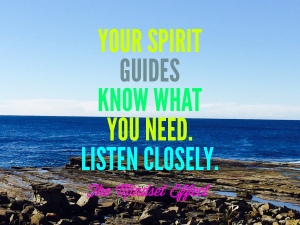 Your angels love you unconditionally. They don’t judge you or criticise you. They are in awe of how brave you are because they know you are doing the best you can with the journey you’ve been given.
Your angels love you unconditionally. They don’t judge you or criticise you. They are in awe of how brave you are because they know you are doing the best you can with the journey you’ve been given.
Whenever I have made a mistake, instead of letting my inner critic attack me, I call my angels in. I ask for the strength and courage to forgive myself, and I pray for the guidance I need to learn from this error without beating myself up.
Even if you are not religious, or find it hard to believe there are angels, you can still ask for help.
Angelic energy is soft and soothing and angels can help you take deep breaths and release old painful habits.
I have seen clients go from critising themselves for not being good to experiencing peace about their life journey- knowing the angels are blessing them and watching over them, ready to offer spiritual guidance.
When I first started working with angels, the knowledge that I wasn’t alone, and someone loved me unconditionally was enough to heal my childhood traumas, and allowed me to eventually grow to love and accept myself.
I started to like myself more. I started laughing at my mistakes. I even embraced my dark side and personality flaws because they were part of me.
I have seen clients burst into tears when they start calling in the angels because their soul opens up and they realise how cruel they have been to themselves by constantly criticising themselves.
And asking them for help is easy. Find a quiet spot, take a breath, close your eyes and just ask for help. Ask for faith that they can help you.
Even taking this small step will open up a world of possibilities.
Small signs will start to show up in your life. You might be drawn to a book or a course that will change your life. People will enter your life that will help you on your journey, opportunities will suddenly appear.
Most importantly, you start to feel more empowered because you will feel like you are in the driver’s seat, instead of being knocked around by your journey.
So the next time you start to criticise yourself for not being good enough ask the angels to help you learn to love yourself more.
And watch the miracles unfold!
Blessings and Love,
Sal Jade
————————————————-
 Sal Jade is a Clairvoyant Healer who loves to assist her clients in healing blockages to happiness. She teaches psychic development and healing workshops and delights in empowering her students to tap into their psychic abilities and discover their own magic so they can learn to heal themselves.
Sal Jade is a Clairvoyant Healer who loves to assist her clients in healing blockages to happiness. She teaches psychic development and healing workshops and delights in empowering her students to tap into their psychic abilities and discover their own magic so they can learn to heal themselves.
For free angel courses and inspirational tips to heal your life sign up for Sal’s AngelHugger blog.






